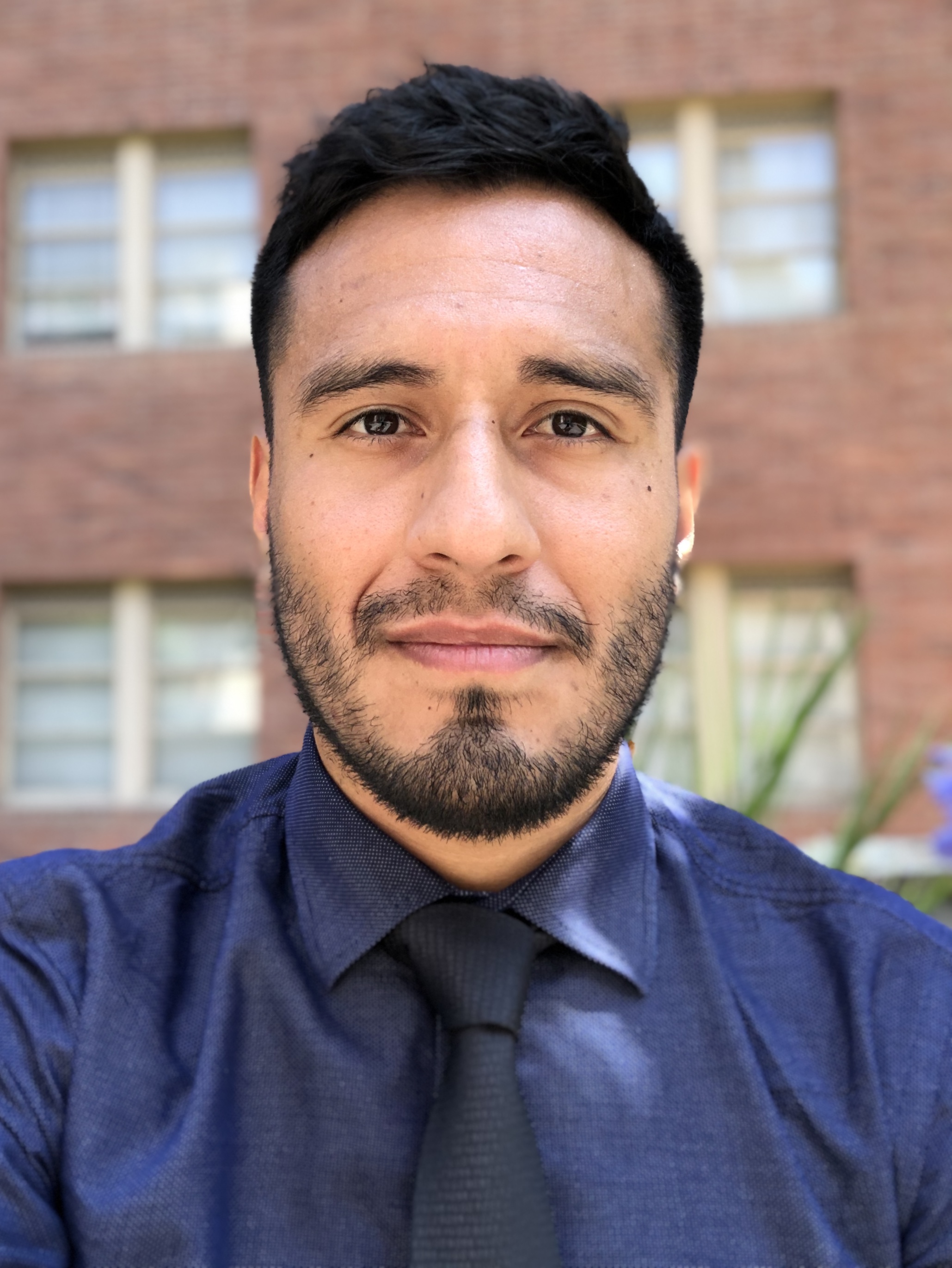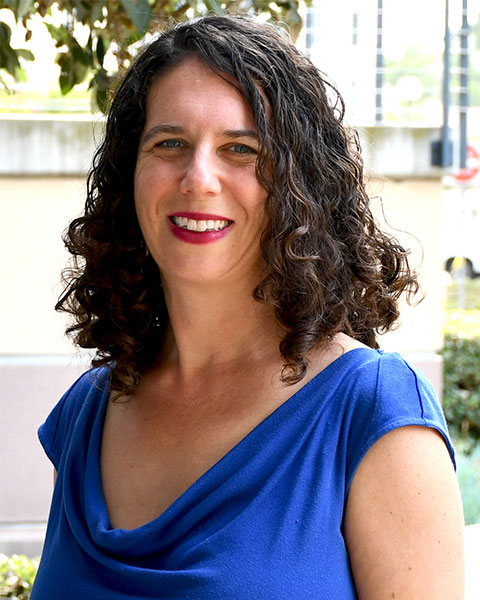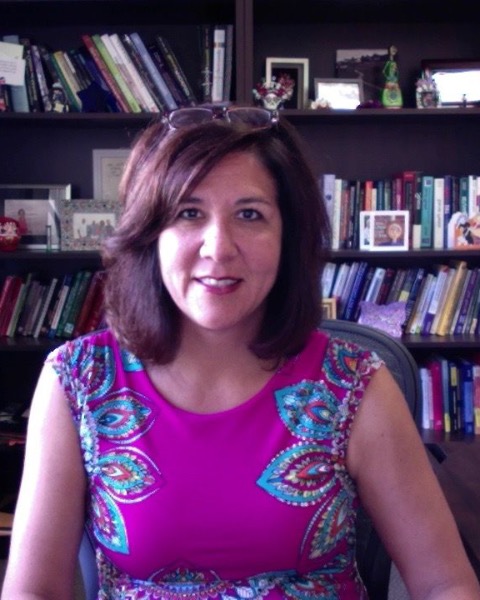Symposia
Multicultural Psychology
3 - (SYM 23) Trajectories of Change in Parent-child Interaction Therapy Outcomes in Latinx and White Families: Implications for Cultural Adaptation

Giovanni Ramos, Ph.D. (he/him/his)
Postdoctoral Fellow
University of California, Irvine
Irvine, California, United States- MW
Michael Woller, MA
Doctoral Student
UCLA
Los Angeles, California, United States - AM
Amanda Montoya, PhD
Associate Professor
UCLA
Los Angeles, California, United States - LQ
Lauren Questch, PhD
Associate Professor
University of arkansas
Fayetteville, Arkansas, United States - EG
Emma Girard, PsyD
Assistant Clinical Professor
UCR
Riverside, California, United States 
Miya Barnett, Ph.D. (she/her/hers)
Associate Professor
University of California Santa Barbara
Santa Barbara, California, United States- AL
Anna S. Lau, Ph.D. (she/her/hers)
Professor
UCLA
Los Angeles, California, United States 
Denise A. Chavira, Ph.D.
Professor
University of California Los Angeles
Los Angeles, California, United States
Speaker(s)
Co-author(s)
Background: Parent-Child Interaction Therapy (PCIT) is a parenting program in which caregivers must demonstrate proficiency in using Do Skills (i.e., labeled praises, reflections, descriptions) and avoiding Don’t Skills (i.e., questions, commands, critical statements) to complete treatment. Despite PCIT’s emphasis on these skills, little is known about how Latinx caregivers acquire these Western-based parenting practices and whether potential cultural mismatches lead to inequities in care for these families. This study compared the trajectories of change in PCIT skills and treatment outcomes of Latinx and White families receiving PCIT in community settings.
Method: We analyzed weekly treatment data from 64 families (72% Latinx) that received care in community-based clinics in Southern California. Caregivers were mostly females (95.3%), on average 35.13 years old, and lived in poverty (78%). PCIT skills were coded by therapists using the Dyadic Parent-Child Interaction Coding System, and child behavior problems were self-reported by caregivers using the Eyberg Child Behavior Inventory. We used multilevel modeling to examine trajectories of change in Do Skills, Don’t Skills, and child externalizing behavior problems throughout treatment. We conducted mean comparisons using two-sided Mann-Whitney U tests.
Results: Latinx and White caregivers began treatment using a similar number of Do Skills (U = 42, p = .112) and experienced a similar increase in these skills over time (b = 0.342, t(48.06) = 1.145, p = .258). In contrast, Spanish-speaking Latinx caregivers began treatment using significantly more Don’t Skills (U = 42, p = .003) and needed more sessions to achieve PCIT skill proficiency (U = 8, p = .020), despite experiencing more pronounced reductions in these skills (b = -0.973, t(94.99) = -3.396, p = .001) compared with White caregivers. Regarding child behavior problems, Latinx and White families reported similar levels of child externalizing behavior problems before treatment (U = 41, p = .212) and experienced similar reductions in symptoms over time compared with White families (b = -0.566, t(43.71) = -0.542, p = .590).
Conclusions: This study provides evidence that strictly defined PCIT skill proficiency may lead to inequities in treatment length for Latinx families despite experiencing similar reductions in child externalizing behavior problems compared to White families. Informed by these findings, we propose data-driven adaptations focused on the Don’t Skills criterion to improve the cultural fit of PCIT for Latinx groups.

.png)
